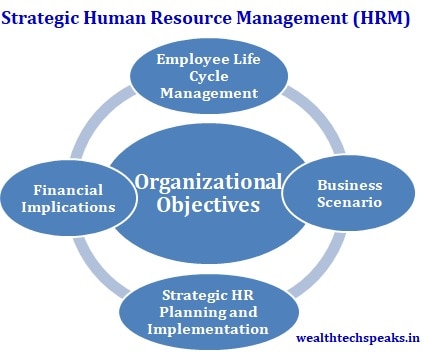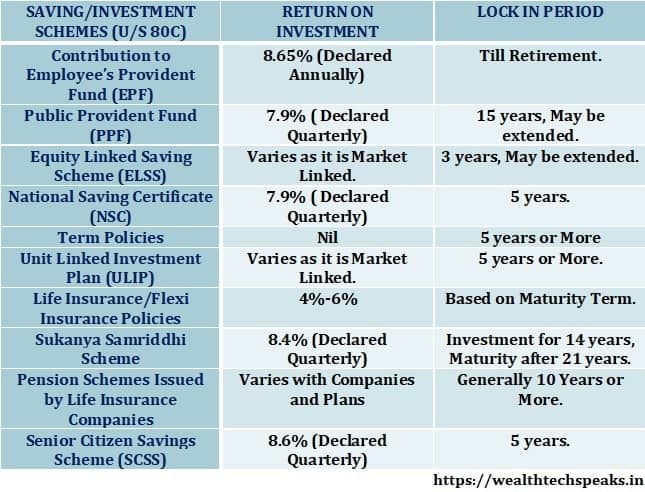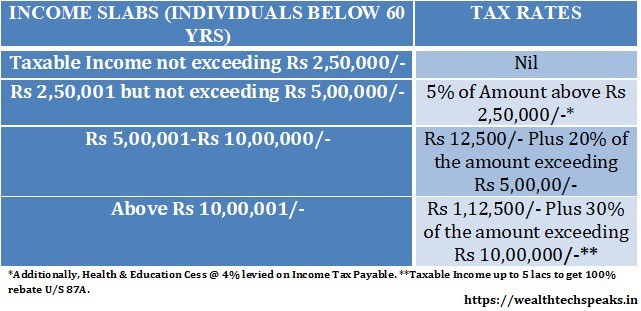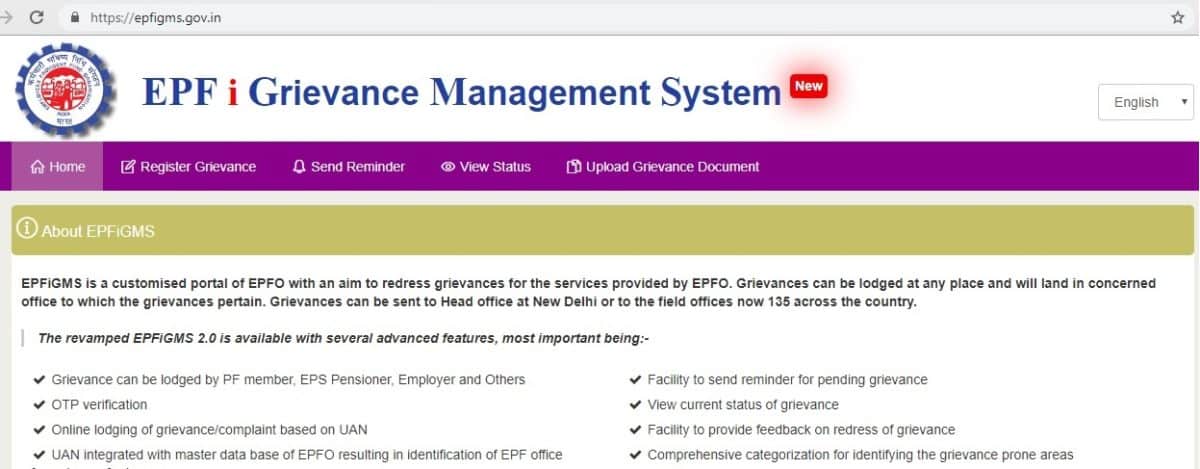
How to Improve Your CIBIL Credit Score?
- Posted By Amritesh
- On September 22nd, 2017
- Comments: 4 responses
Credit Report is a very informative data used to evaluate loan and credit card application, as it provides detailed record of one’s Credit history (Loans, Credit Card Dues, Repayment, etc) and helps lenders to determine the Credit worthiness of an applicant. Earlier, it was a parameter considered only when an Individual used to apply for a new credit card or loans. But now some Companies are asking for the Credit Report even while offering jobs. Therefore, it has become very important to have a Good Credit Score as the implications are high. CIBIL TransUnion Score helps you analyze your Credit worthiness.
CIBIL TransUnion Score is a Credit Score given to individuals based on their past financial records. Credit Score is entirely based on the Credit Report prepared from data obtained from various Banks and Financial Institutions, providing detailed report of transactions and credit position of the concerned Individual. Since every transaction is scrutinized for the purpose so even a single default in payment of Credit Card dues or EMI’s on loan is reflected in the report which negatively impacts your Credit Score.
Credit Information Bureau India Limited (CIBIL): Know More
Credit Information Bureau India Limited (CIBIL): Know More
Impact of Poor Credit Score
Low Credit Score means your credit record is poor and Lenders should be cautious if they are to issue any loans or credit card to you. If you have a poor Credit Score then your chances of getting high value loan or a credit card diminishes and in all probability your application will be rejected. Therefore, it is very important to check your CIBIL TransUnion score before approaching Banks or Financial Institution for loans/credit cards.
CIBIL TransUnion score ranges between 300-900, with higher score signifying better Credibility and probability of getting the loans approved is high. While lower score means poor Credibility, which implies potential risk of bad loans to the lenders thereby chances of getting loans/credit card approved is very remote. It is observed that roughly around 80% of the loans are approved when the CIBIL score is above 750, provided other relevant documents are as per requirement.
However, if someone has a poor Credit Score it does not mean that he/she can never get loan or own a credit card. If one is able to plan and manage his/her finances then it would definitely reflect on the Credit Score which in turn would be beneficial in getting approval for loans and even credit cards.
How is Credit Score Calculated?
Numerous factors are taken into account while arriving at the Credit Score for the respective Individual. Although, Payment history is one of the crucial aspect of the Credit Report but there are some other critical aspects too. Credit Score is determined after evaluating the following aspects;
#Payment History: Payment record of Credit Bills, Loans, etc.
#Outstanding Dues: Amount of Loans/Credit Bills unpaid.
#Credit Record: Tenure of Loans, Credit Card Bill Payment Cycle.
#Types of Credit in Use: Number of Credit Facilities currently in use (Loans, Credit Card, etc).
#Application for Fresh Credit: Application for New Credit Cards/Loans.
Out of the points mentioned above, points 1 & 2 are of utmost importance in determining the Credit Score and are given the maximum weightage. In case of defaults in payments due to any reason they are severely impacted.
How to Improve Your Credit Score?
TRANSUNION CIBIL or any other Credit Reporting Companies (CRC) cannot make any changes to your Credit Report unless there is any error in reporting. In case of any error, the same should be brought to the notice of CRC so that they can validate the same from the concerned Banks or Financial Institutions before updating it.
However, if your Credit Score is low then same can be improved by following certain practices such as:
Timely Payment Of Dues: Paying your Credit Card bills and EMI’s on time will definitely help you improve your Credit Score. At times one may just forget to make the payments within the due date, although it may sound trivial but it does negatively impact your credit score.
A delay of 2-3 days may impact your Credit Score for a short term but outstanding dues for months could reflect in the Report for longer duration.
Maintain Low Credit Balance: One should never allow the Credit Balance to run to high. It is advisable to utilize 40%-60% of the credit limit at a given time. It shows that you are not an Individual with high credit requirement. Thereby speaks well of your financial planning.
Balanced Secured and Unsecured Loans: The Secured Loans (Personal Loans, Home Loans etc) and Unsecured Loans (Credit Card bills) should not be unreasonably high. The credit availed through both the medium should be in balance.
Restriction on Application of Fresh Credits: Regular application for Credit does augur well for your credit score. It implies that your credit requirements are high and lending funds could be a risky proposition.
Keep Regular Track on Credit Report: It is recommended that one checks his/her Credit Score at regular intervals as it helps to eradicate discrepancies and helps you analyze your credit profile better.
Subscribe
Login
4 Comments
oldest







